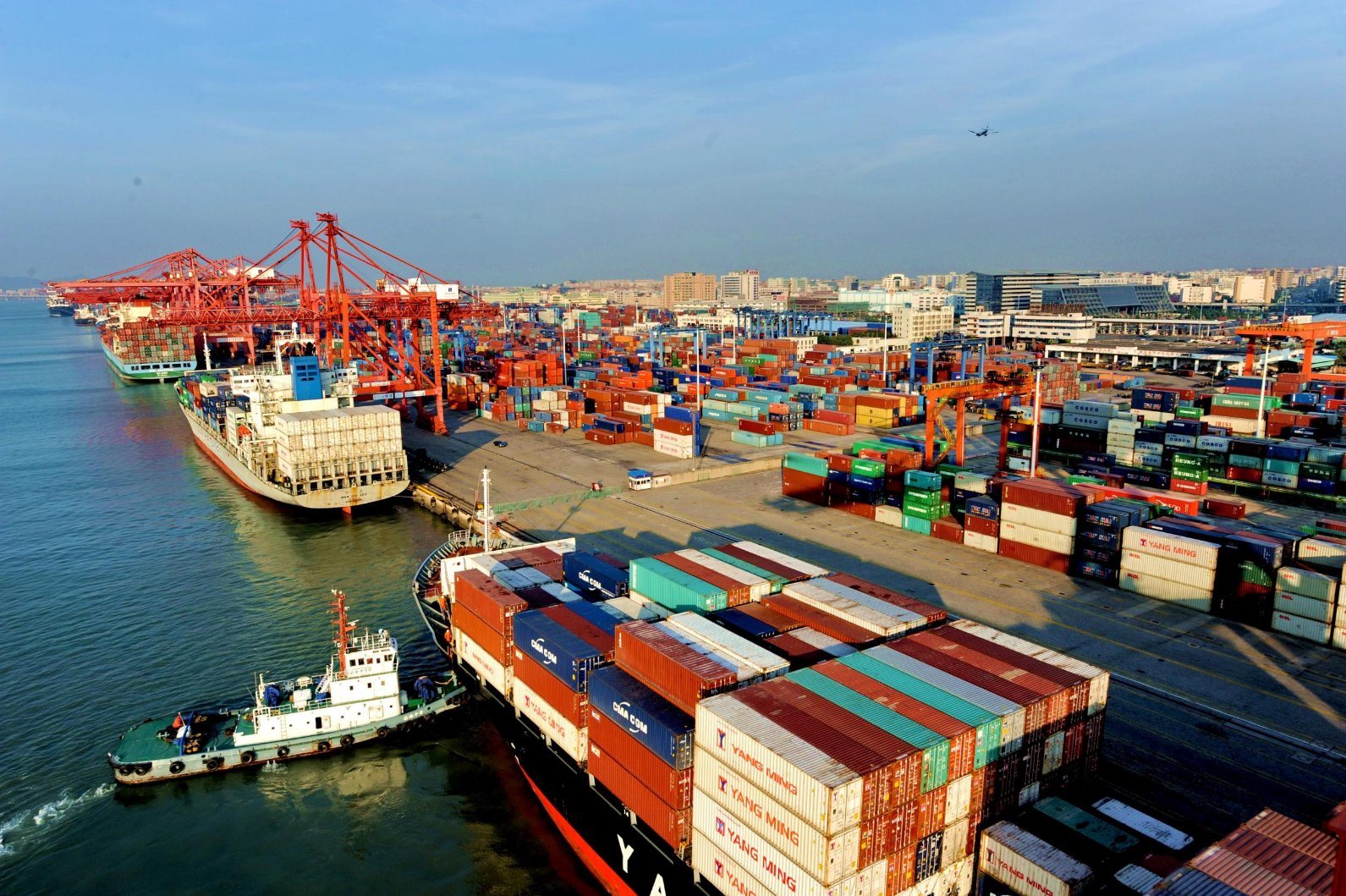AfDB board approves 7 years integration strategy for Central Africa
Share

The Board of the African Development Bank (AfDB) has approved Regional Integration Strategy Paper (RISP) from 2019 to 2025 for Central Africa.
Mr Chawki Chahed, Chief Communication Officer of the bank, made this known in a statement on Monday.
Chahed said the strategy paper would adopt the bank’s multinational operations in Central Africa over the indicated period.
According to him, the Central Africa’s RISP for 2019 – 2025 builds on the lessons learned from the implementation of previous regional development initiatives.
“It also lists the bank’s plans to accelerate intra-regional trade, inclusive economic growth and structural transformation of the Central African region.
“It will guide the bank’s regional operations in seven member countries of the Economic Community of Central African States (ECCAS).
“Those countries are Cameroon, Chad, Congo, Equatorial Guinea, Gabon, Democratic Republic of Congo (DRC), and the Central African Republic – a combined population of 130 million people he stated.
He said the cooperation, integration and economic development goals of the regional strategy would be achieved from the basis of two pillars.
The chief communication officer said, “The first strengthens regional infrastructure (focusing on electricity networks, transport and ICT).
“The second supports reforms for intra-regional trade development and cross-border investments and builds the institutional capacity of regional organizations, especially ECCAS and the Economic and Monetary Community of Central Africa (CEMAC).”
Chahed explained that in 2018, the GDP growth rate in Central Africa doubled to 2.2 % from 1.1% in 2017, but remained below the sub-Saharan average of 3.5%.
He said the region’s growth was driven primarily by global commodity prices, principally oil, while other countries within the ECCAS region continued to grapple with the vicious circle of instability, fragility, weak human and institutional capacity.
He added that infrastructure deficits in the transport, energy and ICT sectors were still challenges.
“Central Africa has significant oil resources, deposits of precious metals and minerals, huge trans- boundary water resources and the continent’s greatest hydro power potential.
“Implementation of the Central Africa integration strategy will encourage regional and national authorities to ensure that cross-border programmes and initiatives are embedded in public resource planning and administration.
“The implementation of the Central Africa RISP will require investments amounting to US $4.42 billion, corresponding to 30 regional operations over the seven years period, he added.
The chief communication officer said about 88 per cent of the planned funding would be devoted to strengthening regional infrastructure.
“The infrastructure and institutional capacity-building components of the plan will also support the resilience of the countries in the region.
“Specifically, operations will also strengthen resilience to food insecurity, enable the socio-economic reintegration of vulnerable groups, and conserve ecosystems in the Congo Basin.
“The AfDB’s ongoing support for Central Africa is crucial for the successful economic integration of the countries in the region.
“The new regional integration strategy paper continues this tradition of supportive interventions in critical economic sectors.
“Ultimately, it will be a huge boost to intra-regional trade and a much needed structural transformation of the policy and business environment,” he said.
(NAN)















